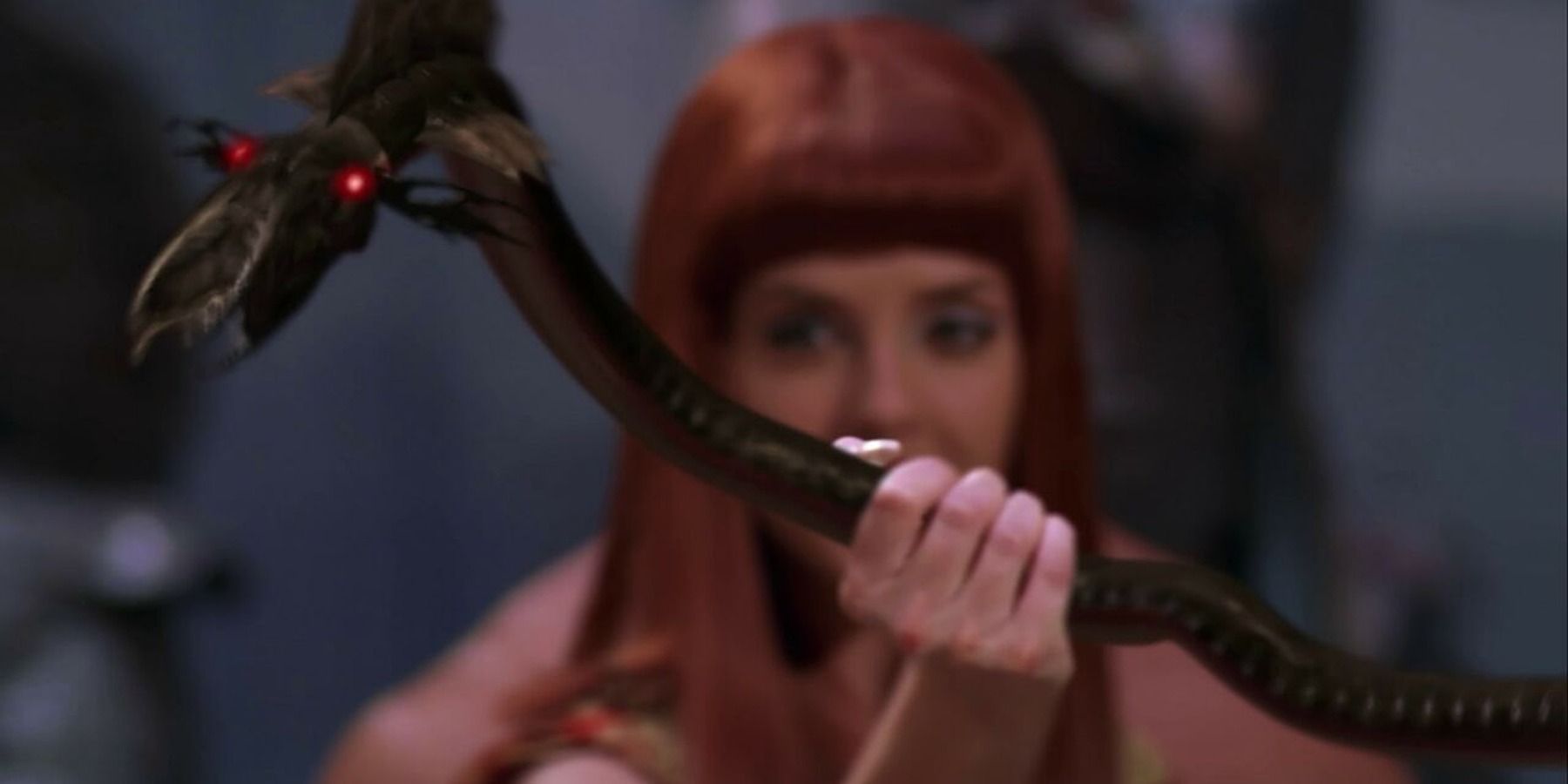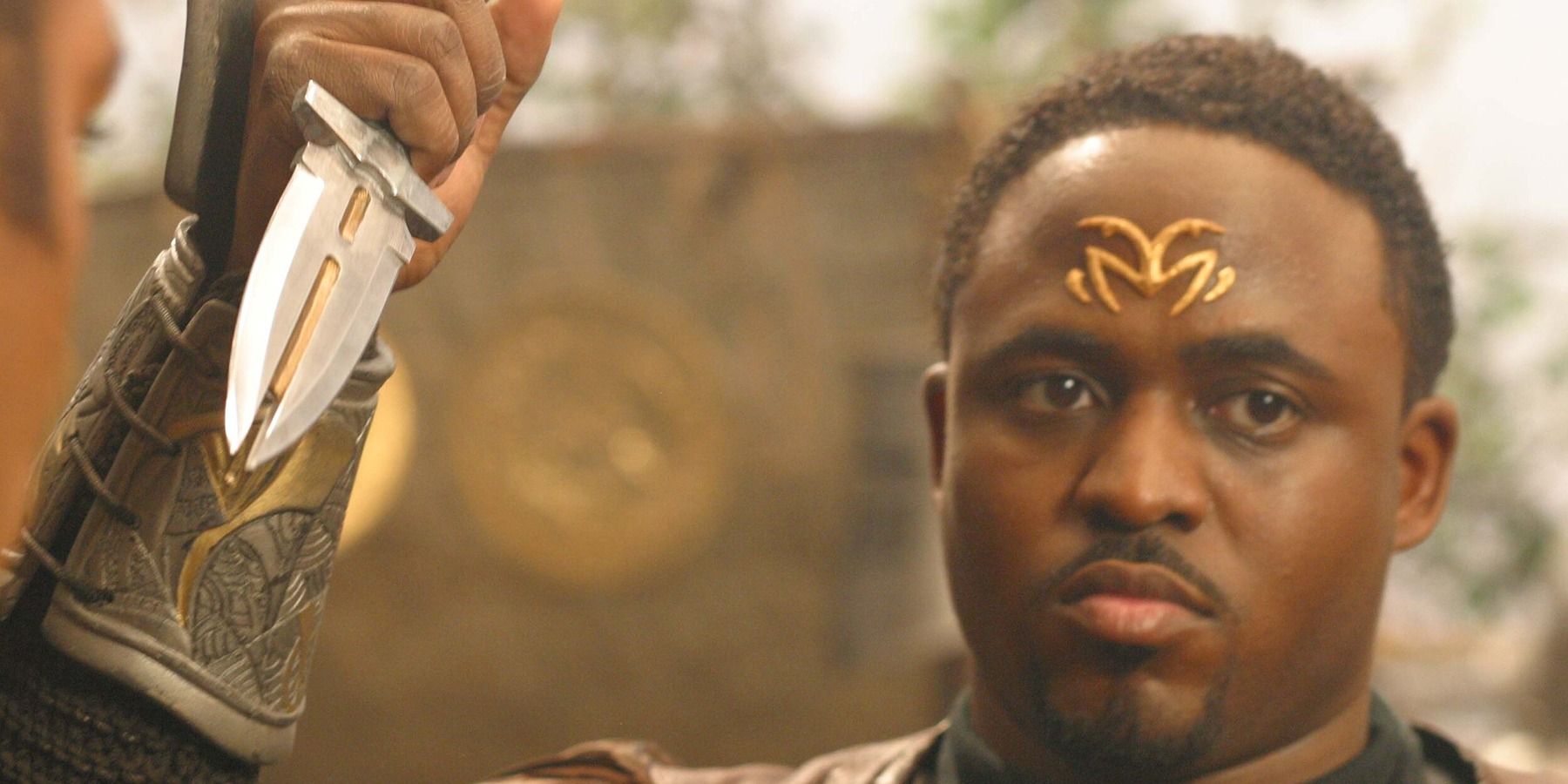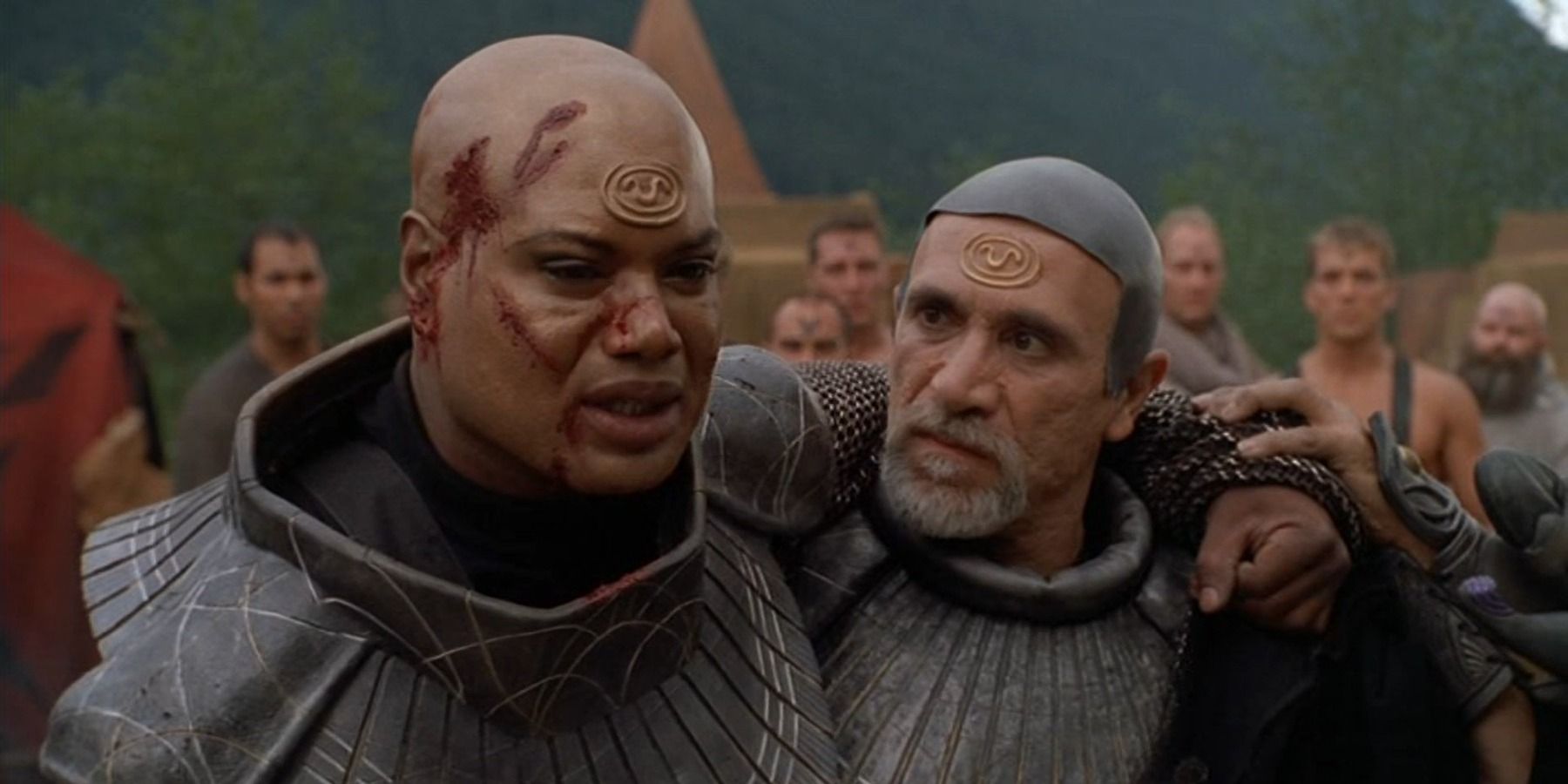
The Mysterious Jaffa Warriors of Stargate: Unveiling Their Enigmatic Origins

Unveiling the Jaffa's Extraordinary Journey: From enslaved warriors to indomitable revolutionaries, discover the incredible evolution of Stargate's enigmatic Jaffa in their quest for freedom
Stargate SG-1 elevated storytelling, whisking its viewers away to far-off planets, galaxies, and the depths of the human imagination. Within this expansive cosmic realm, one particular group captivated all who encountered them: the Jaffa.
The Jaffa embodied a fascinating dichotomy. Their mere presence evoked fear, while their unwavering loyalty to their godlike Goa'uld overlords displayed a fierce devotion. These formidable warriors possessed an ancient aura of mystery, seemingly born from the very essence of myth and fable. However, as their narrative unraveled, a complex tale emerged, illuminating their origins, enslavement, and unyielding quest for liberation, which struck a chord with devoted Stargate fans.
Origin
The Jaffa race in Stargate is composed of genetically enhanced beings who are born from the essence of their alien deities, the Goa'uld. These warriors, originating from the planet Dakara, undergo genetic modifications imposed by their masters. This process transforms them into protectors and vessels for the parasitic Goa'uld symbiotes.
Every Jaffa carries a distinct mark on their forehead, representing their subservience to a Goa'uld. While most have a simple black ink mark, higher-ranking Jaffa may receive more intricate tattoos. Those in esteemed positions may bear a silver tattoo, like Fro'tak. On the other hand, the First Primes, who directly serve the Goa'uld, display a gilded emblem of their specific deity. In certain episodes of Stargate SG-1, such as "Family" and "Bane," these tattoos are applied through the incision of flesh using an Orak knife, followed by the pouring of molten gold or silver into the wound.
Initially, the Jaffa viewed their creators as divine beings and offered them unwavering devotion. However, the Goa'uld took advantage of this loyalty by using the Jaffa as their army to conquer and dominate numerous worlds. To ensure their loyalty, Jaffa infants were separated from their mothers and implanted with infant symbiotes, which grew within them as they aged.
At the prim'tah ceremony, which typically occurred around the age of 10, select Jaffa of esteemed status were honored with the implantation of a Goa'uld symbiote. This granted them immense strength and prolonged lifespans. Due to genetic manipulation, Jaffa were biologically compelled to receive a symbiote upon reaching puberty, known as the Age of Prata. Failing to do so would result in death due to a weakened immune system. Adult Jaffa without a symbiote could not survive for more than a few hours.
Enslavement
The Jaffa were enslaved through manipulation, instilling deceit, fear, and a never-ending cycle of dependence. Within their culture, where their gods were held in the highest regard, the Jaffa were taught to believe that their very existence relied on the Goa'uld symbiotes within them. These symbiotes granted them enhanced strength, longevity, and immunity to illness, further cementing their dependence on their divine masters.
In the pivotal episode "Children of the Gods" of Stargate SG-1, viewers witnessed the initial stages of rebellion as the Jaffa warrior Teal'c, played by Christopher Judge, defied his Goa'uld god, Apophis. Teal'c's act of defiance became a defining moment in the Jaffa's fight for freedom. Subsequent episodes, such as "Bloodlines," shed light on the harsh reality endured by the Jaffa, particularly the children who suffered under an oppressive system that forcibly separated them from their families and subjected them to indoctrination by the Goa'uld.
Freedom
The Jaffa lit a flame of liberation as doubts about the divinity of their oppressors grew within them. Inspired by courageous individuals including Teal'c, Bra'tac, and rebel leader Gerak, the Jaffa boldly defied the suffocating control of the Goa'uld. A pivotal moment came in the SG-1 episode "The Changeling" when the Jaffa united to form the Free Jaffa Nation. This defiance signaled the beginning of their quest for autonomy and the shaping of their own destiny. Characters such as the fearless warrior Ishta and strong leader Master Bra'tac, portrayed by Jolene Blalock and Tony Amendola, exemplified the indomitable spirit and resilience of the Jaffa in their fight for freedom.
Throughout their challenging journey, the Jaffa encountered numerous obstacles, including internal power struggles, infiltration by the Goa'uld, and the rise of new threats like the Ori. Nonetheless, fueled by unwavering determination, the Jaffa persisted, refusing to give up in their pursuit of emancipation.
The journey of the Jaffa, from being enslaved to finding freedom, serves as a powerful reflection of the human experience. It prompts viewers to question oppressive systems and dare to challenge them, embracing their inner strength and resilience. Stargate’s visionary storytelling and profound themes brought the captivating narrative of the Jaffa to life. Their struggle serves as a poignant reminder that freedom is not just an abstract idea, but a concrete goal worth fighting for. It requires sacrifices, unity, and unwavering belief in one’s ability to bring about change.
Although Stargate is no longer on TV, its story continues to resonate with fans, woven with themes of identity, faith, and the unwavering spirit of humanity. The Jaffa stand as a testament to the enduring power of the human will, reminding fans that even in the grip of tyranny, freedom is not merely a dream, but a destiny waiting to be fulfilled.















